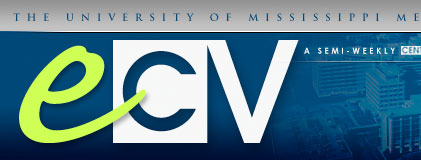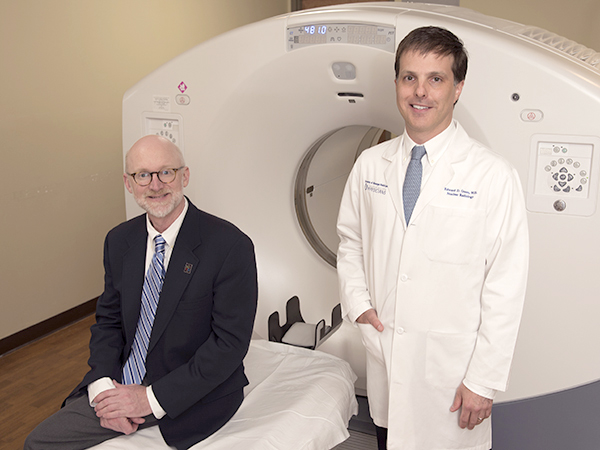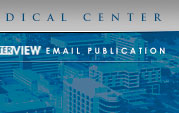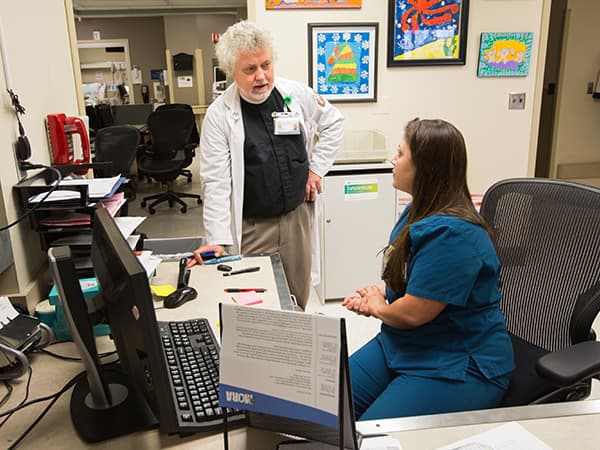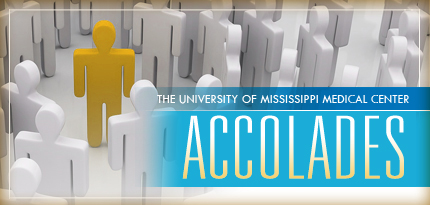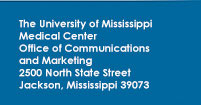|
A study published April 11 in the Journal of the American Medical Association found that people with two or more vascular disease risk factors during their 50s were three times more likely to have higher levels of amyloid plaque more than 20 years later. This means your health at midlife could help determine your risk for Alzheimer's disease later on, said Dr. Tom Mosley, Hughes Chair and Director of the MIND Center at the University of Mississippi Medical Center and a co-author of the paper. “There is a growing literature that suggests that what's good for the heart is also good for the brain,” he said. Mosley leads the Jackson, Mississippi site of the Atherosclerosis Risk in Communities study. Since 1987, ARIC has tracked the cardiovascular health of thousands of participants in Jackson; Washington County, Maryland; Forsyth County, North Carolina; and Minneapolis, Minnesota. As a prospective study, ARIC “is uniquely positioned to make a landmark contribution to our understanding of risk factors for dementia,” said Mosley, co-chair of the ARIC Neurocognitive study group. This most recent study in JAMA examined data from 322 ARIC participants. They looked at five known cardiovascular disease risk factors: diabetes, obesity, high cholesterol, smoking and high blood pressure. Each contributes to atherosclerosis, the hardening and narrowing of arteries. As the leading direct cause of heart attack and stroke, atherosclerosis poses substantial health risks. These five risk factors are tied to another condition: Alzheimer's disease. “Prior work [has] found a robust relationship between cardiovascular risk factors and dementia and cognitive decline,” Mosley said. However, scientists have not identified a causal link, answering the question of what's changing inside the brain. Scientists think amyloid plaques - misfolded proteins - damage neurons. This may lead to Alzheimer's, the most common form of dementia in the elderly. For this study, researchers used positron emission tomography, or PET, to image amyloid in the study participants' brains 20 years after the initial ARIC exams. Nuclear medicine technologists intravenously administer a radioactive tracer called florbetapir. This attaches to the plaques in the brain. Through this uptake, the tracer helps visualize the plaques seen during PET scanning.
|
